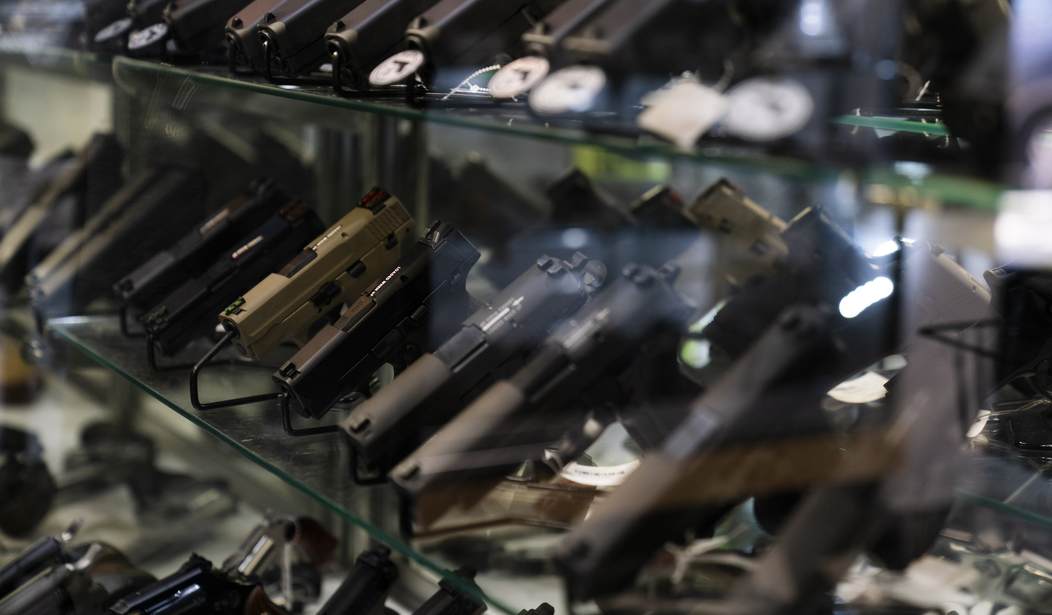The Protection of Lawful Commerce of Arms Act, or PLCAA, is one of those rare laws that Democrats are desperate to repeal. It seems they love passing laws right up until the activity being restricted is something they approve of.
In this case, suing gun manufacturers for things that were beyond their control.
Because the PLCAA is a thing and anti-gunners want to get rid of it, there’s no surprise that The Trace is going to talk about it.
And when they frame it like this…
In 1999, at the end of a decade in which Gary, Indiana, had endured being labeled as the “murder capital of the nation,” then-Mayor Scott King filed a suit against gun manufacturers he believed were knowingly flooding his city with illegal guns.
King wasn’t the only chief executive to use that strategy. By 2000, more than 30 cities were pursuing a legal avenue they hoped would reduce the gun violence plaguing their communities. Every lawsuit soon faced the same obstacle, however — a 2005 federal law, or equivalent laws at the state level, that made it nearly impossible to hold gun companies liable for gun crime. But how did it get this way?
In this episode of The Gun Machine, we explore how the National Rifle Association helped ensure the firearm industry’s unique legal protections, and what those mean for victims of gun violence.
Of course, let’s understand that then-Mayor King may have “believed” gun companies are “knowingly flooding” Gary with guns, but he didn’t have a shred of evidence showing that any manufacturer was knowingly providing guns to those who couldn’t lawfully have them.
If he had, it wouldn’t have been about a lawsuit. There would have been a criminal investigation into these companies and people would have likely gone to prison.
Instead, what people like King did was decide to use gun manufacturers as a scapegoat and try to sue them into extinction. You can’t buy a gun if there’s no one to sell one, after all. That was the goal.
So then the PLCAA was passed to try and prevent it.
But people like The Trace, which pretends to be about journalism, tend to leave that part out.
Oh, they try to spin it. King talks about having a couple of cops commit what looked like straw buys, but it’s important to remember that these were local gun stores. They weren’t buying directly from Smith & Wesson or Glock, but from local gun stores.
Yet King had it in his mind that those companies were the issue and tried to go after them, but that illogical leap is never challenged. Yet that leap is always why the PLCAA exists.
Many argue that the PLCAA provides a level of protection most other industries don’t enjoy, and they’re not wrong. The difference is that no one tried to sue Honda because of the actions of a drunk driver, much less a car thief.
That is what The Trace keeps ignoring, what they keep leaving out of their attacks on a law that only exists because it was needed. I’m pretty sure if car manufacturers were getting attacked like the gun industry was, Congress would at least try to pass a similar law.
And for good reason.








Join the conversation as a VIP Member